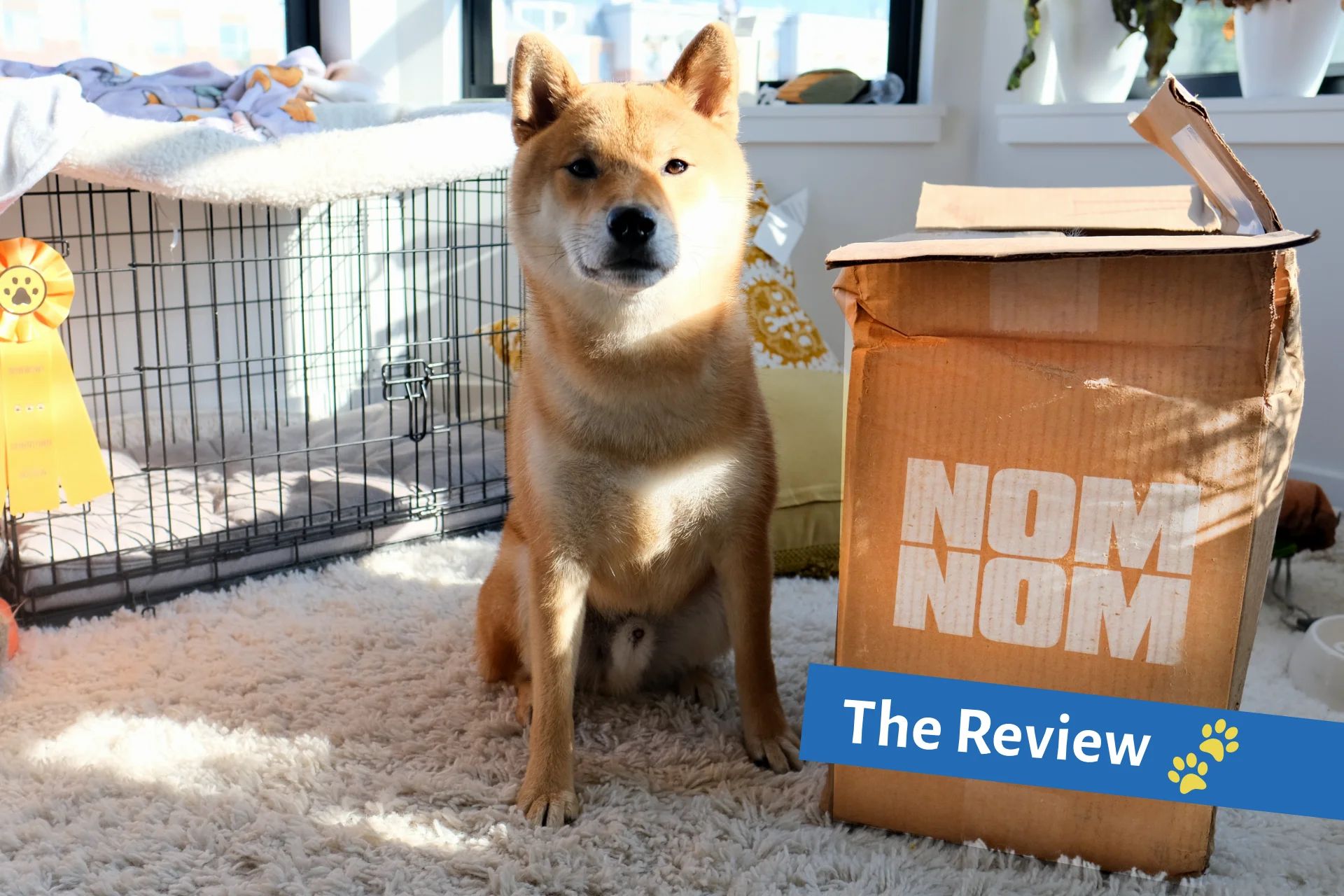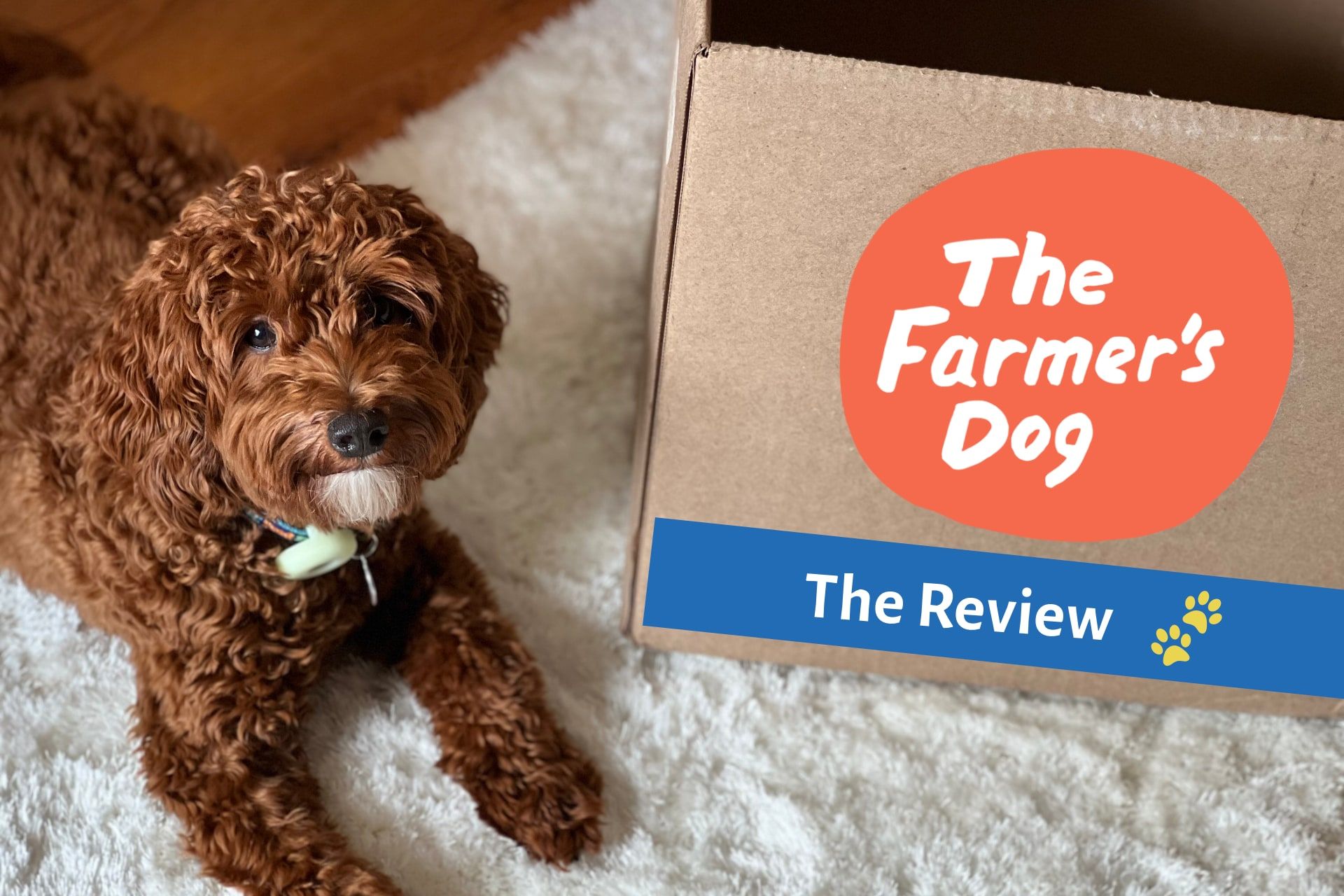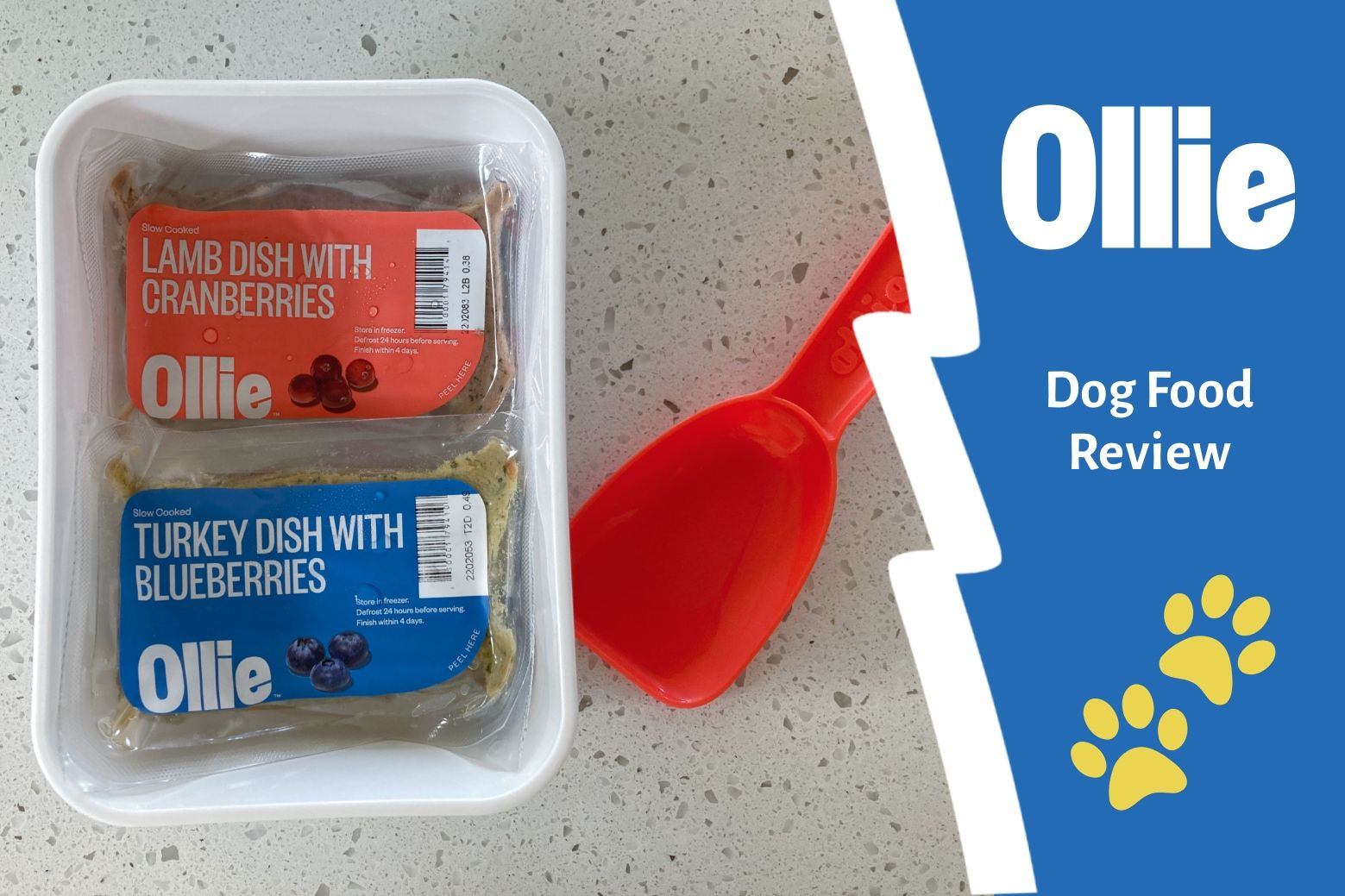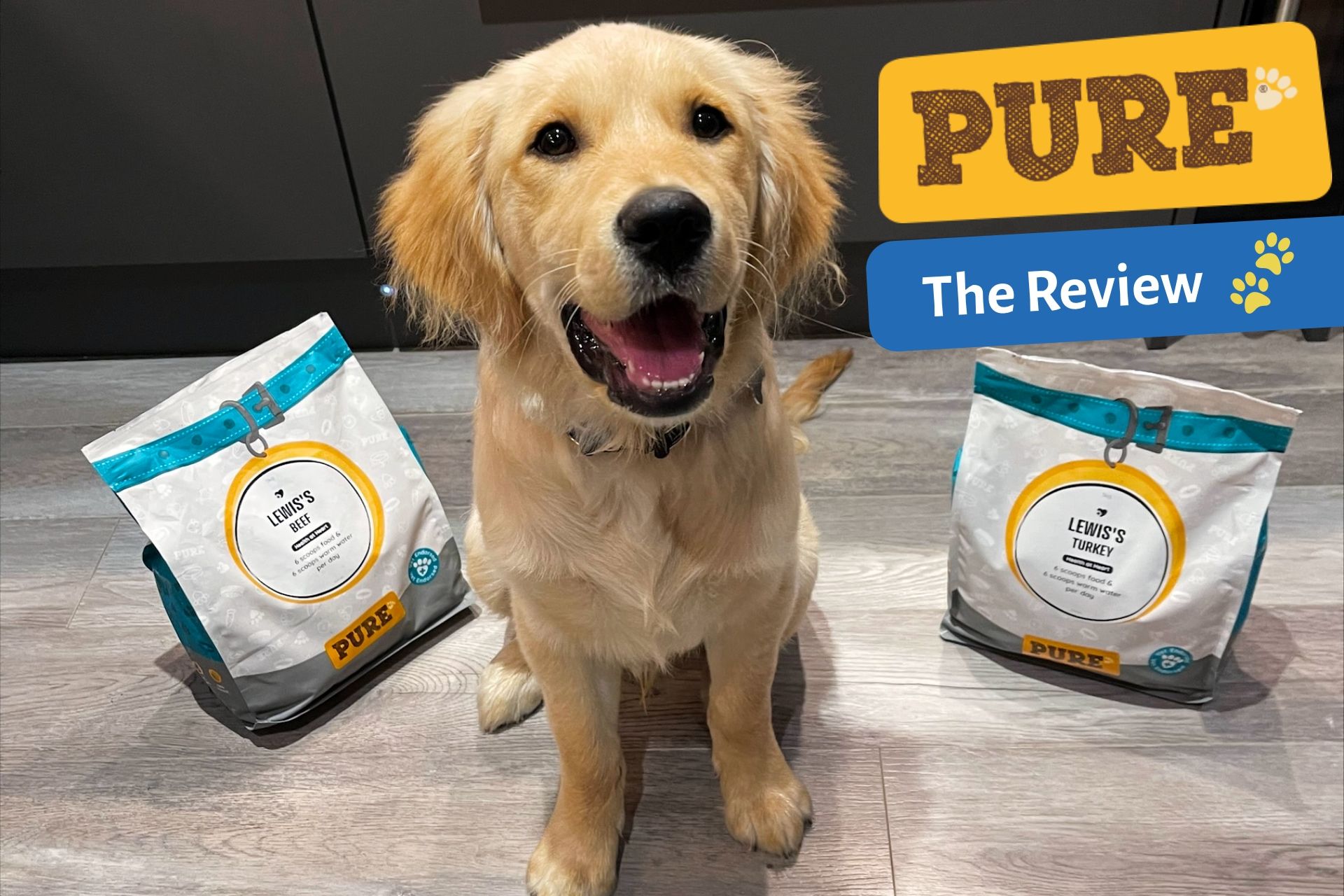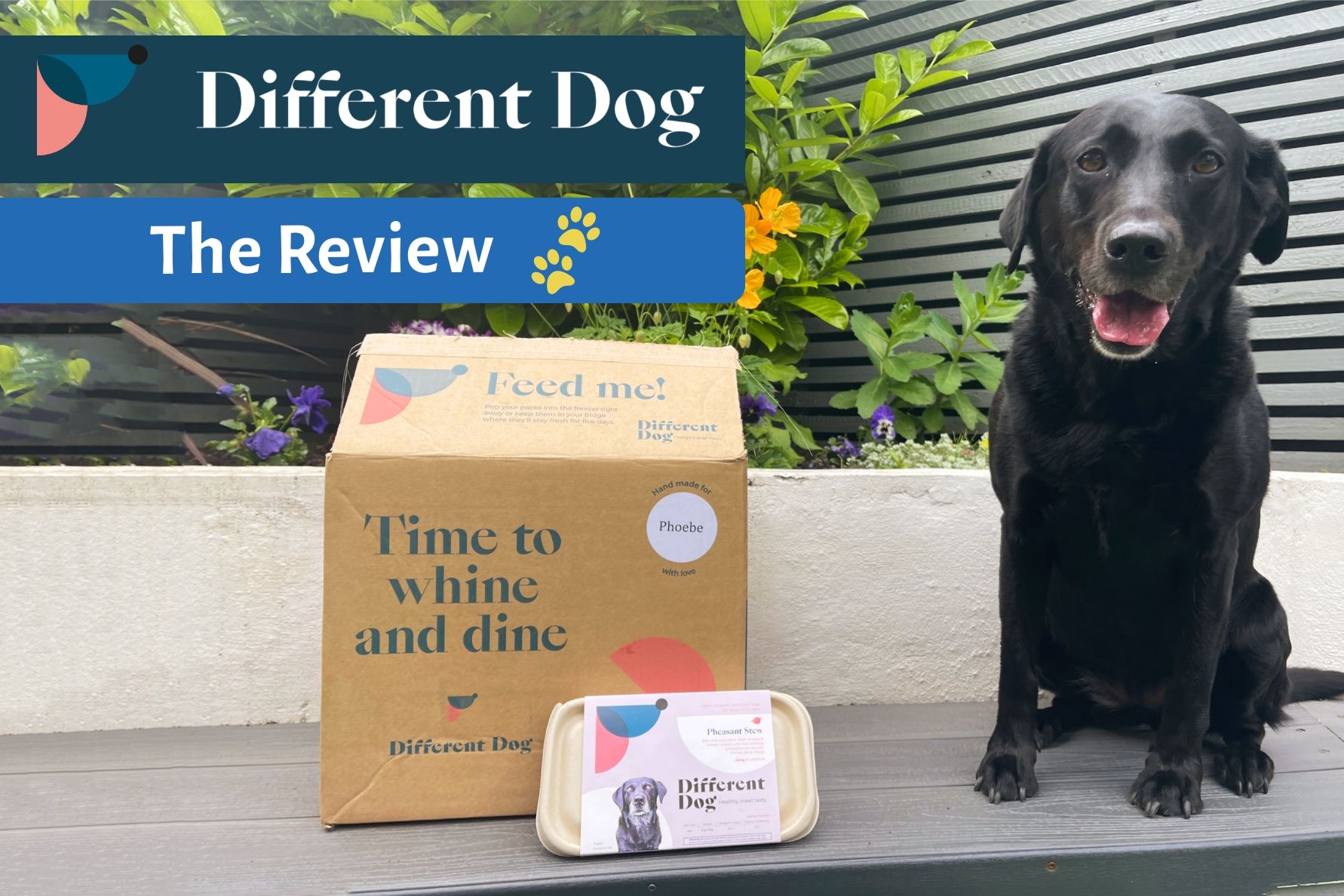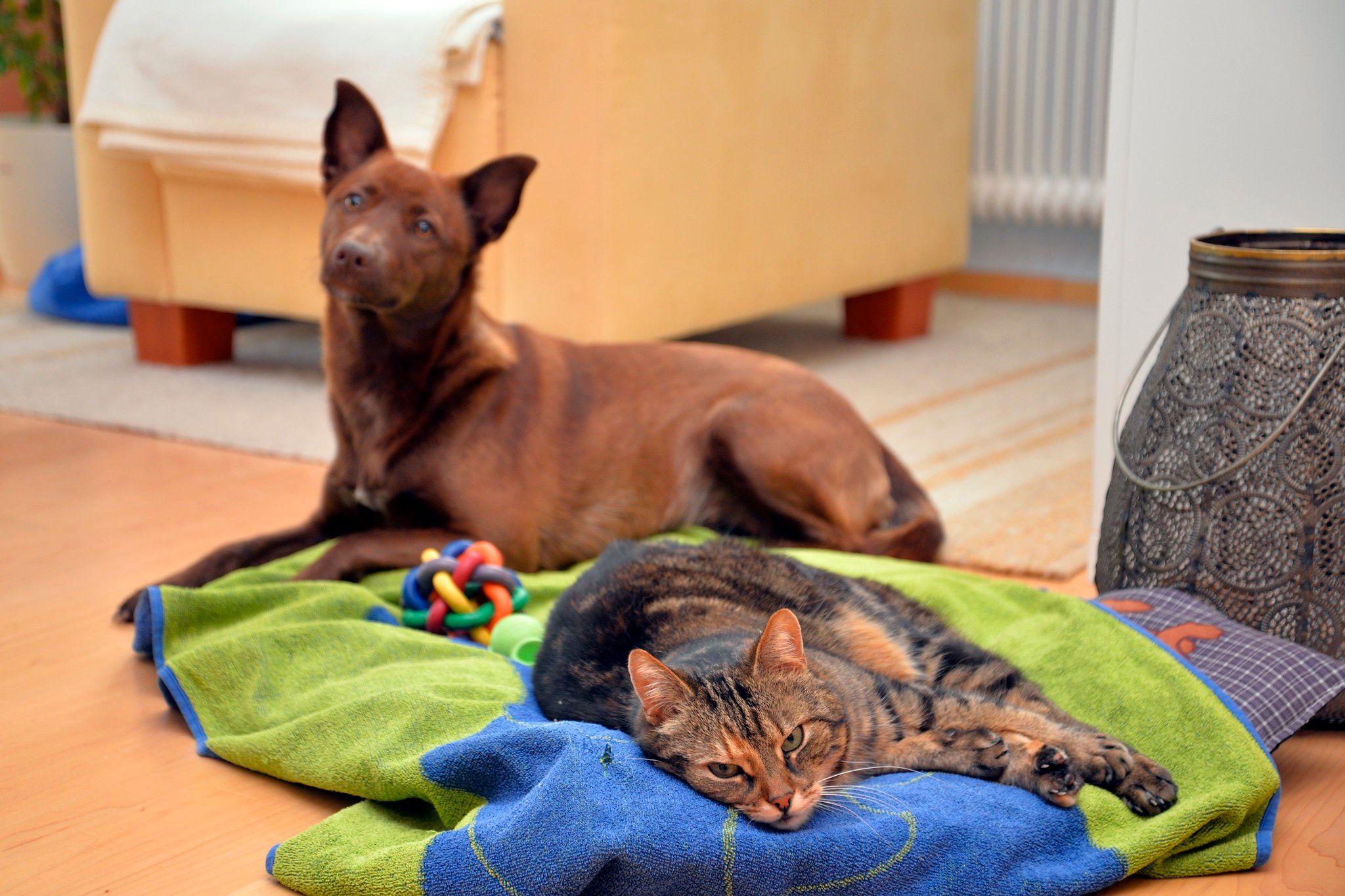
Is There a Catnip for Dogs?
Catnip is a herb in the mint family that’s used by pet owners to encourage affection, playfulness and happiness in cats. For many cats, simply smelling this substance is enough to elicit a complete change in behaviour - they’ll roll around, drool, and generally act a bit nutty! It’s also safe for cats to eat small portions of catnip, and many owners use this as a treat.
However, pet owners with both a cat and a dog might wonder about the safety of catnip toys, treats and sprays for their dog, as well as their cat!
Here we’ll explore the effects of catnip on your canine, discover an equivalent natural substance for dogs, and learn about some unexpected uses for catnip by dog owners.
Is catnip safe for dogs?
The short answer is yes, catnip is completely safe for dogs. It contains many vitamins and minerals that can be beneficial for your pet’s health, and it even has a mild sedative effect on most dogs.
We all know dogs can be playful, curious creatures, and you might be worried after catching your pooch with its head in the catnip bag. But don’t panic! Although not normally intended for canines, catnip is completely harmless to dogs.
Despite its name, dried and fresh catnip can be mixed into your dog’s food in small quantities. It even contains many vitamins and minerals that are beneficial for canines, such as magnesium, vitamin E and vitamin C.
However, it’s important to remember that catnip can cause stomach issues if overused. Excessive catnip use can lead to vomiting and diarrhoea in both cats and dogs, so you should always use this substance in moderation.
What effect does catnip have on dogs?
While you may notice that your cat has increased energy after smelling or ingesting a small amount of catnip, the exact opposite is true for dogs!
Catnip is an effective stimulant for cats, but it is actually a sedative for dogs.
This is because cat and dog brains respond differently to stimuli. Catnip contains a compound called nepetalactone, which triggers the well-known playful response in domestic cats (and indeed some big cats, including leopards and lynxes!) but not in dogs. In fact, catnip has a variety of other effects on dogs which many owners use to their advantage:
- Anxiety relief: If your dog gets anxious or stressed during visits to the vet or the groomer, you can try giving them a bit of catnip about 30 minutes beforehand to help them relax.
- Improved sleep: You can also give your dog catnip before a long journey if they’re prone to becoming agitated while travelling in the car.
- A natural antiseptic: Catnip also has mild antibacterial properties, so if your dog gets a minor scrape, you can try gently rubbing fresh catnip onto the wound to encourage healing.
The benefits of catnip don’t end there, either; a recent study found that catnip was at least as effective as DEET in repelling mosquitos and other bugs!
What is a catnip equivalent for dogs?
Although catnip is perfectly safe for dogs, and it can even have some positive, calming effects, there is an equivalent substance available.
Aniseed, often called anise, is a seed used in food and drink with a herbal fragrance and taste. This plant has been dubbed “catnip for dogs” or “dog nip”, as it has the same effects on dogs as catnip does on cats!
This substance is completely natural, just like catnip. Dogs only need to smell aniseed to become excited and hyperactive. This is because canines have a very powerful sense of smell - up to 300 million olfactory receptors versus 6 million in humans! - which allow them to easily pick up on the strong, powerful scent of anise.
Many trainers and pet owners even use aniseed to motivate pups during training sessions, helping them learn new tricks. So be sure to try out anise canine treats or scented toys to give your dog a little more playful energy!
Photo courtesy of Armin Rodler.
About YourPaws.com
Here on Your Paws, I build science-backed tools for pet owners. You'll also find vet-checked answers to common questions and in-depth reviews of food and toys, all designed to help you make the right decisions for happy, healthy pets. Read more about the site.
The content on this website is intended to be informative, but it should not be taken as a substitute for personal advice from your vet. See our editorial policy and disclosure to learn more.


